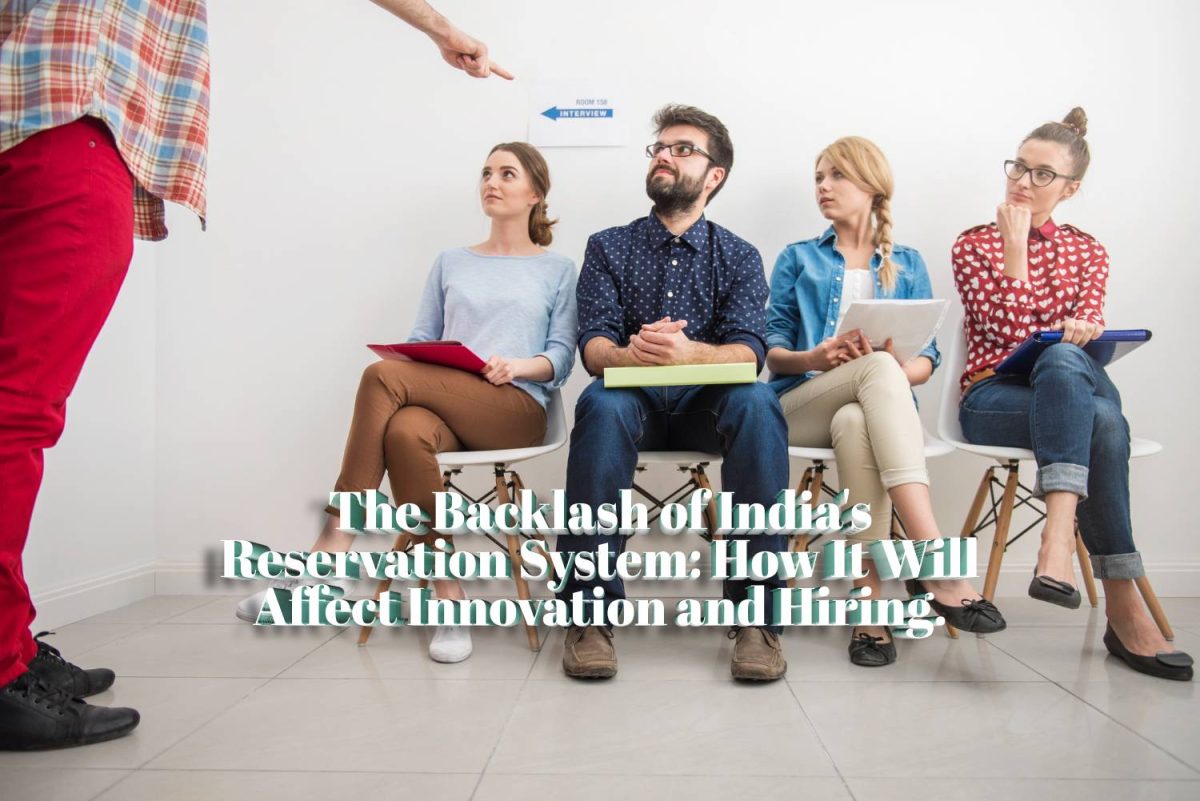Introduction
India has made significant strides in becoming a global innovation hub by prioritizing quality education and promoting inclusivity. However, recent reports indicate that over 25,000 SC/ST/OBC students have withdrawn from top institutes, raising concerns about the impact on India’s international innovation growth. This article delves deeper into the importance of inclusive education for innovation, examines the potential consequences of the dropout trend, suggests solutions to tackle the issue, and discusses how this could affect hiring practices in the industry.
The Role of Inclusive Education in Fostering Innovation
Inclusive education plays a pivotal role in nurturing diverse perspectives, ideas, and talents within the education system. When students from various backgrounds and communities have equal opportunities to access quality education, it opens up a broader pool of innovative thinkers who can contribute to India’s growth circuit. Diverse perspectives lead to creative problem-solving, enhanced collaboration, and stronger potential for groundbreaking discoveries and inventions.
Impact of SC/ST/OBC Student Dropouts on India’s Innovation Circuit
The trend of over 25,000 SC/ST/OBC students dropping out of prestigious institutes is worrying as it may have negative consequences for India’s innovation landscape. Firstly, it could result in a loss of valuable talent that could have contributed significantly to research and development initiatives. Secondly, it may continue to limit the representation of marginalized communities in innovation-based fields, impeding their advancement and development.
Damage Control and Remedial Measures
To address this issue and ensure the growth circuit remains intact, a multi-faceted approach is required. The government, educational institutions, and society must collaborate to implement the following remedial measures:
- Scholarships and Financial Support: The government and private sector can establish more scholarships and financial aid programs to assist economically disadvantaged students from marginalized communities. This will enable them to pursue higher education without the burden of excessive fees.
- Mentorship and Counseling: Institutes can establish mentorship programs that provide guidance and support to SC/ST/OBC students, helping them navigate academic challenges and build confidence. Counseling services should be made available to address any mental health issues that may contribute to dropout rates.
- Inclusive Curriculum: Reviewing and adapting the curriculum to include diverse perspectives can make education more relatable and inclusive. It will help students from different backgrounds feel valued and represented, fostering a positive learning environment.
- Sensitization Workshops: Conducting regular sensitization workshops for faculty and staff can promote awareness about the challenges faced by marginalized students and help create a more inclusive campus culture.
- Affirmative Action Policies: Implementing affirmative action policies in higher education admissions can ensure equitable representation and create opportunities for underprivileged students.
Implications of Hiring Practices in the Industry
The dropout trend can have far-reaching consequences for the hiring practices in India’s industry. A lack of diversity in the talent pool can lead to homogeneity in the workforce, hindering the development of innovative and inclusive solutions. To counter these implications, businesses, and industries can take the following steps:
- Diversity and Inclusion Initiatives: Organizations should establish diversity and inclusion initiatives that actively encourage hiring from diverse backgrounds. Companies can also set targets for hiring individuals from marginalized communities to ensure a fair representation of talent.
- Skill Development Programs: Collaborating with educational institutions, companies can initiate skill development programs to bridge the gap between academic education and industry requirements. This can empower students to enter the workforce confidently.
- Mentorship and Internship Opportunities: Providing mentorship and internship opportunities to students from marginalized communities can help them gain practical experience and build networks in their chosen fields.
- Sensitivity Training for Recruiters: Organizations should conduct sensitivity training for recruiters to prevent unconscious biases and ensure fair evaluation during the hiring process.
Conclusion
The key to India’s growth in the global innovation scene lies in inclusive education. It is concerning that students from marginalized communities, such as SC/ST/OBC, are dropping out of top institutions. Urgent remedial measures are required to address this issue. By embracing diversity, promoting inclusivity, and implementing affirmative actions, India can ensure that all talented individuals, regardless of their backgrounds, have equal opportunities to contribute to the nation’s innovation journey.
A diverse workforce in the industry will not only strengthen the growth circuit, but also create a thriving, innovative, and inclusive nation at the forefront of global innovation. We at Cracode are working on hiring people only based on the skill they have and the value a resource can add to the businesses of our clients excelling across the globe. Our web and mobile development teams have people from varied and diverse backgrounds and their skillset is the only criterion people from technical backgrounds get to work in these teams. This helps us excel and serve our clients with honor.



